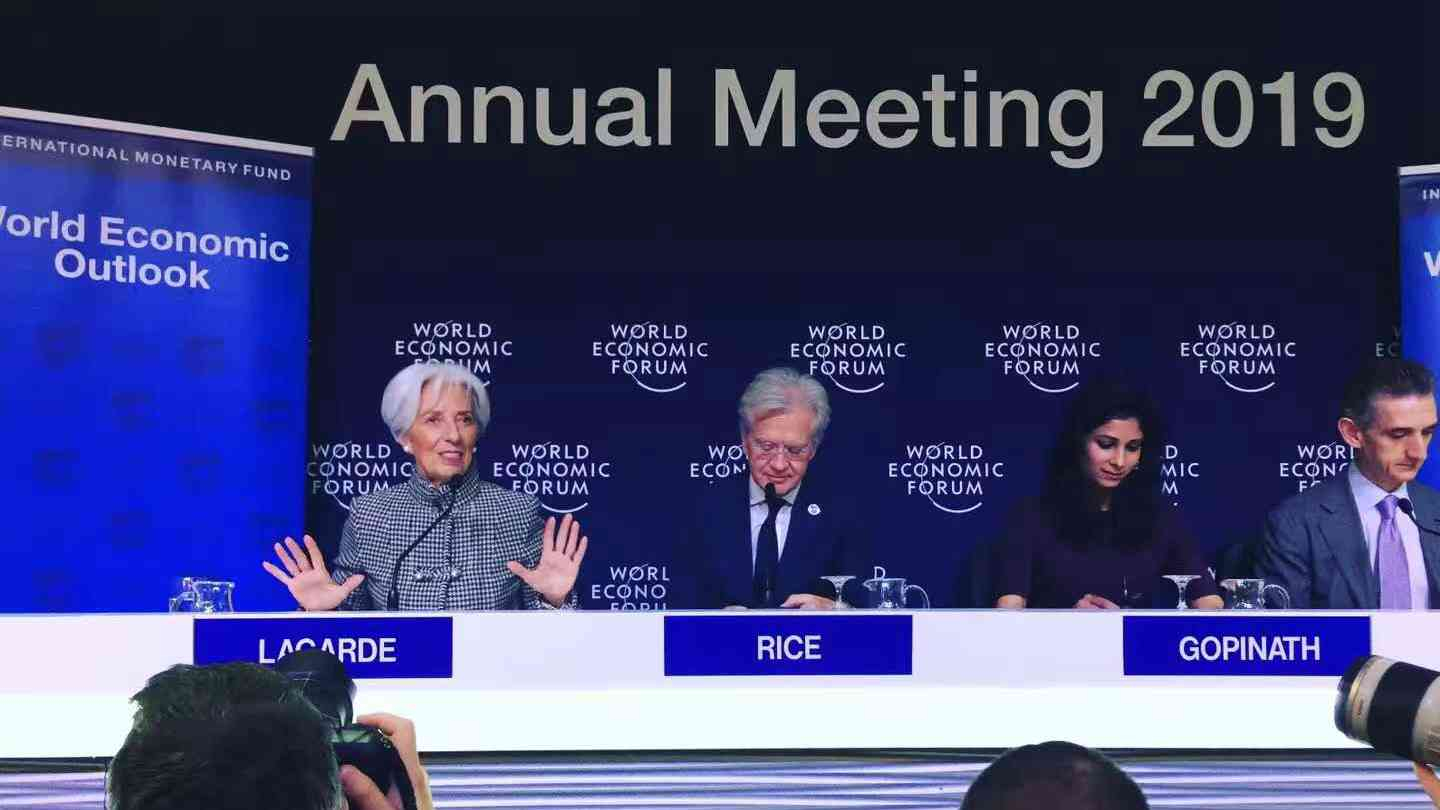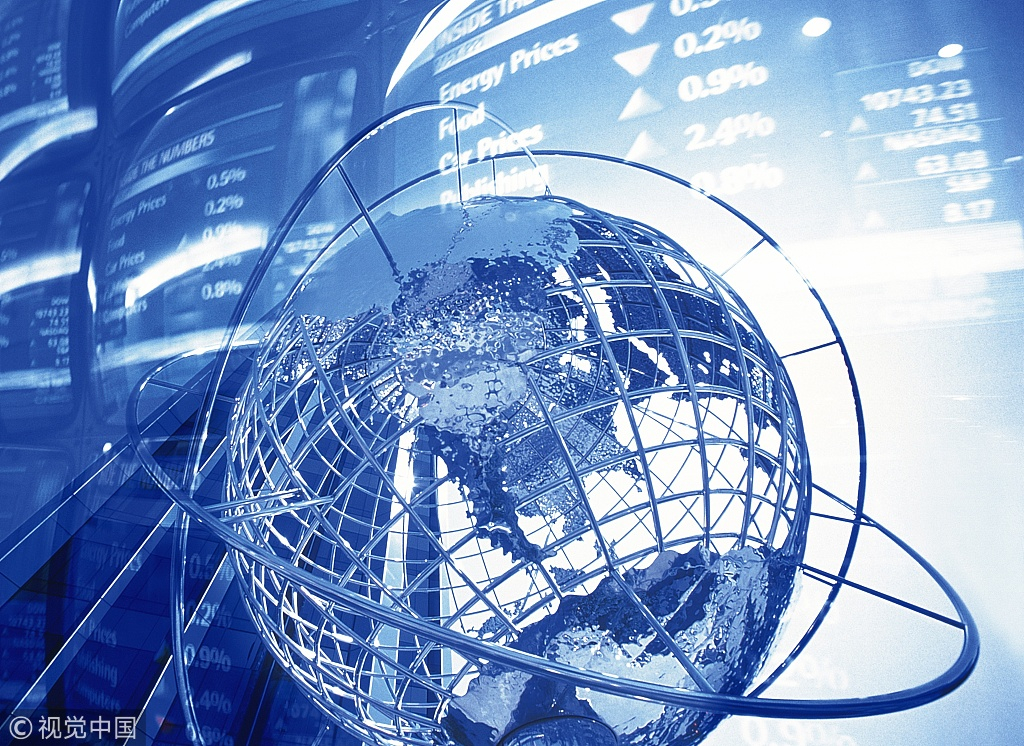
Opinion
21:43, 21-Jan-2019
Opinion: Creating a shared digital future in 2019
Updated
22:38, 21-Jan-2019
Ma Wenyan

Editor's note: Ma Wenyan is CEO of China Silkroad Investment and a young global leader at the World Economic Forum. He is also an adjunct professor at the NYU Law School on "Sovereign Finance and Investments" and the author of "China's Mobile Economy", "Digital Economy 2.0", and "The Digital Silk Road". The article reflects the author's views, and not necessarily those of CGTN.
In its 2019 World Economic Outlook, the IMF's tone is understandably worried: the global economy started 2018 on an upbeat note but soon lost its momentum, due to, to a large extent, the decreased trade and capital flows among the major economies resulting from the escalated tariff implementations and other cross-border restrictions.
However, comparing the trade and capital flows, the rising international tensions around the new technology dimension of the global economy – the digital economy and the Fourth Industrial Revolution – is even more troubling.

Stock prices on multi-layered stock market trading screens. /VCG Photo
Stock prices on multi-layered stock market trading screens. /VCG Photo
On one hand, the 4th Industrial Revolution has created a brave new digital world, powered by big data, artificial intelligence (AI), the Internet of Things (IoT), mobile internet and many more technological innovations that set to profoundly change the prospect of humans, societies and nations. At the G20 Hangzhou Summit hosted by China in 2016, Chinese President Xi Jinping and other G20 leaders reached an important consensus on innovation and development, highlighting "digital economy" as the growth engine for the post-crisis world economy.
On the other hand, however, such momentum of cooperation has been challenged by the erosion of trade openness, the rise of nationalism, and potential dismantling of world institutions protecting openness. The global digital economy is intrinsically open, inclusive and dynamic. If the major economies fail to stay committed to building an open global economy, the world would miss the unprecedented opportunity to reenergize the global economy and reduce inequalities.
As the global economy is transitioning toward a digital economy, digital technology innovation, more than anything else, is the new source of growth for the world. To reap substantial and concrete outcomes, however, all the economies and markets should boost cooperation to jointly develop new technologies, new industries, new business models and new products, as many of the exciting opportunities to exploit technology for the common good assuming we are able to use and share data, researches, and intellectual properties.
Meanwhile, our existing global institutions and governance norms are inherently challenged to keep up with the digital economy's rapid changes and exponential impacts. The rise of nationalism and the proliferation of barriers have created tensions and fractures in the economic interdependence that we once took for granted. As a result, some countries reacted by tightening up regulatory scrutiny and erecting barriers for cross-border trade and investments.

Global digital economy. /VCG Photo
Global digital economy. /VCG Photo
However, to ensure a sustainable global growth, the world needs to collectively develop a new framework to facilitate the global flows of trade, capital and talents. In the wake of the global financial crisis ten years ago, the G20 collaborated on macroeconomic policy coordination and international financial institutions reform, thus ensuring financial market stability and recovery. Going forward, the world's major economies should and must lead the way to continue supporting the multilateral trading system, observing the jointly established rules, and seeking all-win solutions to the common challenges we face.
In particular, the rapid digital transformation in recent years may also give emerging markets a sense of urgency. That may impose significant challenges for many of the smaller countries, especially those that lack technology resources and have large labor forces that might be replaced by AI. But it may also be a leapfrogging opportunity for them, and that is where China's digital evolution experience and the "Digital Silk Road" initiative – the global network of mobile connectivity – could help.
Therefore, it is critical for China and all major economies to remain committed to openness and mutual benefit – through a "new global architecture" of the "new economy" – for all to increase the size of the global economic "pie". Collectively, the digital revolution will build an innovative, invigorated, interconnected and inclusive world economy.
(If you want to contribute and have specific expertise, please contact us at opinions@cgtn.com.)

SITEMAP
Copyright © 2018 CGTN. Beijing ICP prepared NO.16065310-3
Copyright © 2018 CGTN. Beijing ICP prepared NO.16065310-3